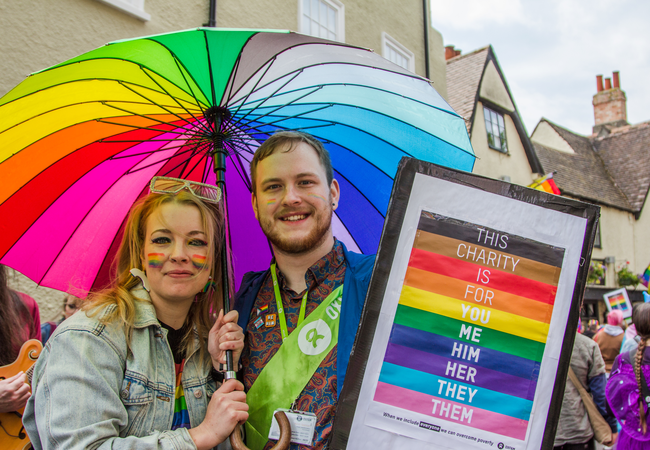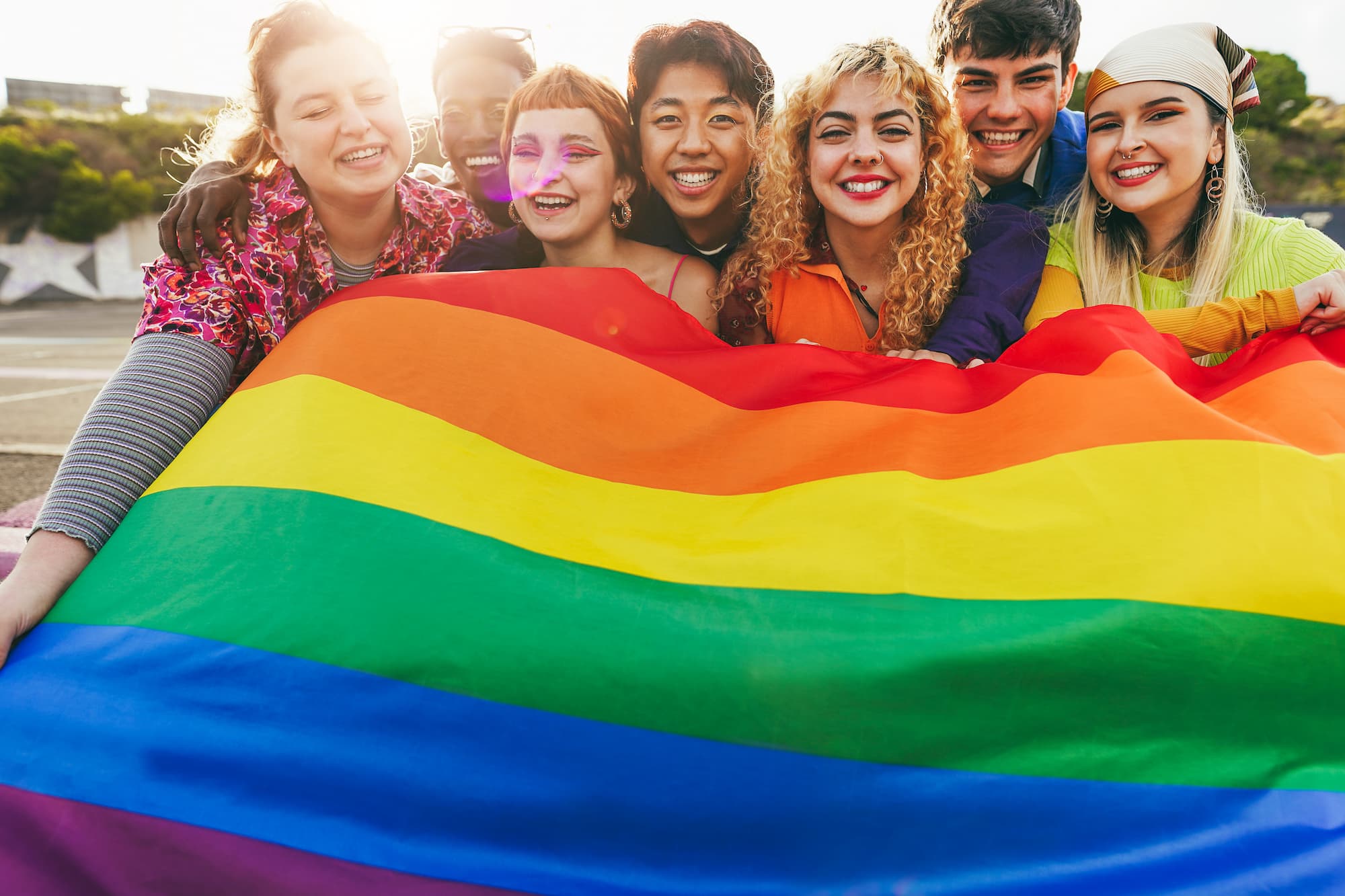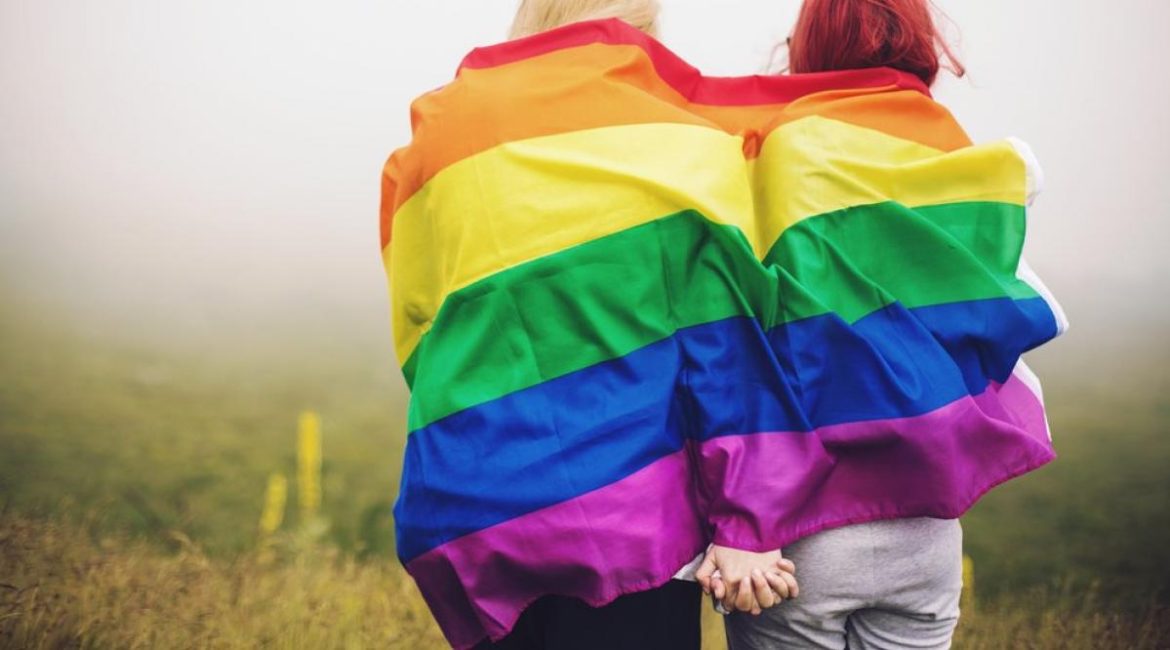Issues of recognition of the rights of LGBT people and their family relationships remain one of the most pressing and complex problems of modern society. For many people, this is not just an abstract topic, but an issue that affects their personal life and future.
What is the role of legislation in recognizing the rights of LGBTQ+ people and their family relationships in different countries?
Examining the role of legislation in recognizing the rights of LGBTQ+ people and their family relationships in different countries is a relevant and complex topic, reflecting global differences in approaches to safeguarding human rights and promoting equality.
In some countries around the world, legislation officially recognizes and protects LGBTQ+ rights on an equal basis with traditional family structures. Same-sex marriage and partnerships are legally regulated, giving couples access to the same rights and privileges as families. Such countries strive to create an inclusive society where everyone can express their gender identity freely and choose a form of family relationships that is consistent with their personal beliefs.
In other countries, the LGBTQ+ community faces significant legal and socio-cultural restrictions. Here, laws may prohibit same-sex marriage or fail to recognize partnerships, denying LGBTQ+ members equality before the law and access to social benefits available to heterosexual couples.
Here are some examples of countries with varying levels of recognition of LGBTQ+ rights and family relationships:
Netherlands: One of the first countries to legalize same-sex marriage in 2001Here, LGBTQ+ couples have the same rights and responsibilities as straight couples, including the right to adopt children.
Canada: Same-sex marriage was legalized in 2005. LGBTQ+ couples have access to the rights and benefits afforded to heterosexual couples, including access to parenting and protection from discrimination.
South Africa: The first African country to legalize same-sex marriage in 2006 and recognize LGBTQ+ rights on an equal basis with other citizens. Adoption rights and family obligations are also protected here.
Argentina: In 2010, Argentina became the first country in Latin America to legalize same-sex marriage nationwide. LGBTQ+ couples have equal rights to raise children and other family responsibilities.
Sweden: Legalization of same-sex marriage occurred in 2009. Here, LGBTQ+ couples have access to a full range of family rights, including adoption of children and measures to prevent discrimination on the basis of sexual orientation.
At the international level, work is underway to protect LGBT rights. International organizations such as the UN and the European Union actively support initiatives to protect human rights and combat discrimination based on sexual orientation and gender identity.

Nevertheless , these efforts face political and cultural challenges that make them difficult to implement in practice.
Public opinion also holds a significant position in recognizing the rights of LGBT people and their family relationships. In countries with strong conservative traditions and religious beliefs, the LGBT community faces strong opposition and discrimination. This creates cultural and social barriers that make it difficult to achieve equality and protect rights.
It is important to note that the role of legislation is not limited to the formal recognition of rights. It is also about consciousness and education of society, creating conditions to raise awareness of LGBTQ+ rights and addressing harmful stereotypical beliefs.
Educational programs and initiatives play a key role in changing public opinion and creating a tolerant environment where everyone can feel safe and valued, regardless of their sexual orientation or gender identity Legislation is therefore an important tool in the fight for the recognition of LGBTQ+ rights and the creation of an inclusive society where every person has equal opportunities and access to the rights necessary for a full life and development.
France’s work to defend the rights of LGBT+ individuals
France is actively involved in advocating for the rights of LGBT+ individuals. both nationally and internationally. The country has long established itself as a leader in human rights and inclusion. It was one of the pioneering countries worldwide to legalize same-sex marriage in 2013 which was an important step in recognizing the rights of LGBT+ people. The Marriage for All Law (Loi sur le mariage pour tous) enabled same-sex couples not just to marry, but also to adopt children.
France is also actively combatting discrimination based on sexual orientation and gender identity. Anti-discrimination laws include protections for LGBT+ individuals in a variety of areas such as employment, housing and access to services. The government has also introduced educational programs designed to increase awareness of the rights of LGBT+ people and combating homophobia and transphobia.
Internationally, France actively supports the rights of LGBT+ people through diplomatic channels and multilateral organizations. The country is a member of the UN Human Rights Council and uses its influence to promote resolutions aimed at protecting LGBT+ communities.

France also participates in global initiatives and alliances, like the Equal Rights Coalition, focused on promoting equality and rights for LGBT+ individuals globally.The French government provides financial and technical support to NGOs dedicated to protecting the rights of LGBT+ individuals in nations where they face serious abuses and persecution.
Despite the progress made, France faces challenges in attaining complete equality for LGBT+ individuals. Some groups, especially transgender people, continue to face discrimination and violence. Combating bias and stereotypes remains an important challenge.
France also faces the need to advocate for the rights of LGBT+ individuals in a global context where many countries continue to implement laws that criminalize homosexuality and persecute LGBT+ communities. The French government continues to use its diplomatic resources to pressure such countries and provide asylum to those facing persecution.
France’s work to protect the rights of LGBT+ individuals demonstrates its commitment to the principles of equality and human rights. Through national reforms and international initiatives, France continues to be an important player in the global fight for the rights of LGBT+ people.

